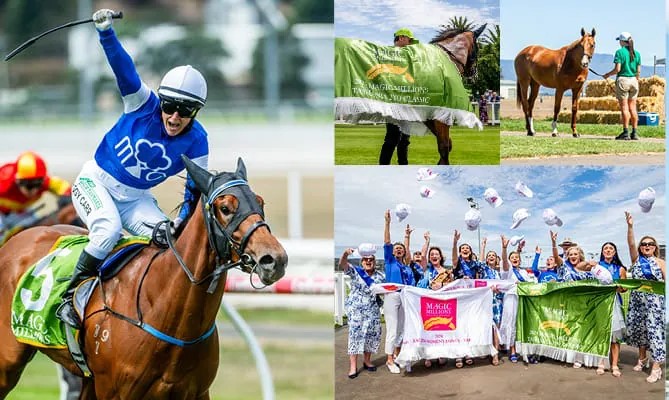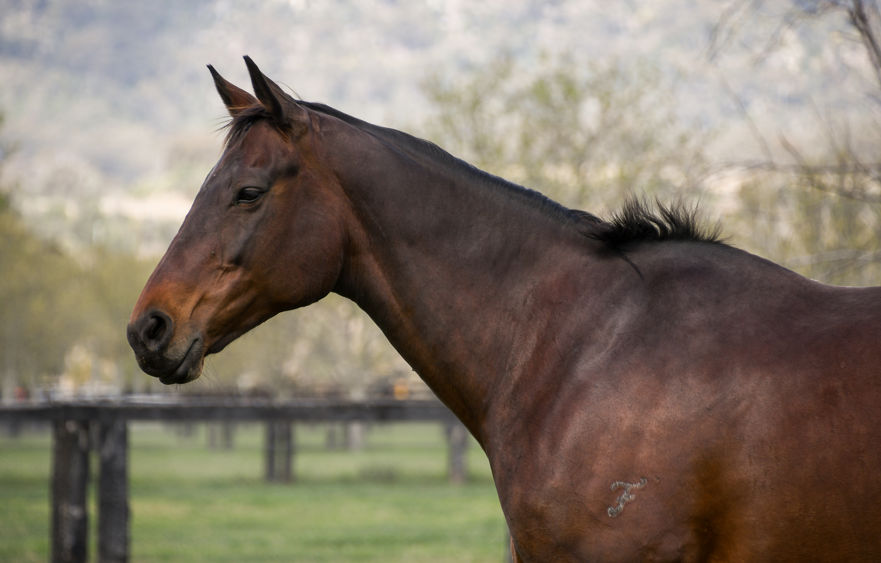Concerned with the narrowing of the diversity of the thoroughbred gene pool, the board of stewards of the American Jockey Club is considering a rule to limit the annual breeding of individual stallions starting with the 2021 breeding season.
The Racing Post reports that the American Jockey Club, established in 1894, is the keeper of the American Stud Book and maintains the Principal Rules and Requirements of the American Studbook in order to ensure the welfare of the breed.

The size of the North American foal crop has diminished significantly, from 37,499 in 2007 to the 20,500 estimated for 2020.
In 2007, 37 stallions from a total of 3,865 covered in excess of 140 mares. By 2010, that number had declined to 24. Since then, the number has nearly doubled to 43 stallions reporting 140 or more mares bred from a population of stallions that now stands at less than one half that of 2007.
On the mare side, in 2007, 5,894 mares (9.5 per cent of the total) were bred by stallions that covered more than 140 mares. By 2019, 7,415 mares (27 per cent of the total) were covered by stallions with books of more than 140, a threefold increase.
The combination of these changes has resulted in a substantial increase in the percentage of foals produced by a discreet segment of stallions – signaling a worrisome concentration of the gene pool.
The board of stewards is considering a cap of 140 mares bred per individual stallion per calendar year in North America, phased-in, as follows:
Stallions entering stud service for the first time in 2020 would be exempt from the 140 limit through the 2023 season
Stallions that entered stud service in 2019 would be exempt through the 2022 season
Stallions that entered stud service in 2018 would be exempt through the 2021 season
Stallions that entered service in 2017 or prior would be subject to the 140 cap as of January 1, 2021
The stewards will continue to study the decreasing diversity of the gene pool and its cause and potential effects over the course of time.
As more data and analyses become available, the stewards may revise the American Jockey Club’s approach to protecting the breed’s health and welfare.
www.racingpost.com








